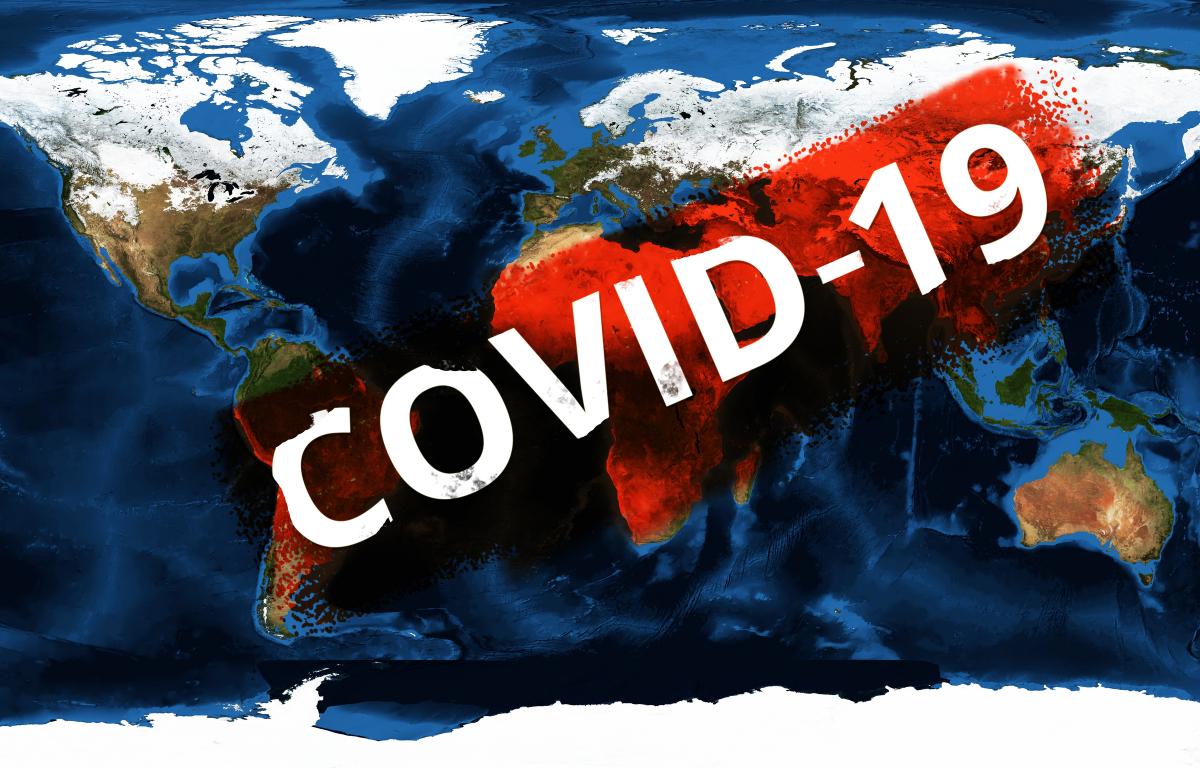By JULIE CUNNINGHAM
(Greenfield, MA) — Doctor Armando Paez, infectious disease specialist at Baystate Health, has his eyes on the bigger picture of COVID-19 that is impacting the area of Western Massachusetts.
“It’s not going away,” said Doctor Paez.
What Doctor Paez was referring to was the way COVID-19 will continue to circulate in the community even after COVID-19 vaccines are administered. This is often referred to as an “endemic,” which means a virus circulates in population at a low level, like the common cold or the flu, with notable spikes. A pandemic, on the other hand, refers to the condition of a virus on a global scale. Because COVID-19 is in every country on Earth, it is considered a pandemic. An epidemic would be a virus that is only in a few countries. Vaccines, said Doctor Paez, are an important tool in fighting and reducing hospitalizations and deaths due to COVID-19 and reducing the risk of a more deadly variant circulating the globe. Global travel makes it more likely that a variant will make its way quickly from one country to the next. Transmissibility on a community level is also a concern.
Even though the COVID-19 virus is completely new to the population, there are some ways people can help themselves. Doctor Paez said about 75% of the people hospitalized in the Baystate hospital system are unvaccinated and younger patients, in their 50s, are increasingly needing hospitalization. For vaccinated individuals, the hospitalization rate is .5%. Doctor Paez addressed the concerns about the vaccine, mainly how it might impact fertility, saying there is no data that supports the vaccine impacts a woman’s fertility in a negative way. Of course, research into the COVID-19 vaccines is still being completed, especially for children under the age of 12. According to Doctor Paez, it’s necessary to vaccinated children under the age of 12 due to the transmissibility of the virus even when an infected patient is asymptomatic.
Doctor Paez said larger nations like the United States need to focus not only on what is happening nationally but how they can support other countries with vaccination efforts, because those unvaccinated populations will eventually produce mutations like the Delta variant, first identified in India, and the Mu variant, first identified in Colombia, that are currently circulating locally. Doctor Paez explained that the nature of an RNA virus like COVID-19 is to create mutations of the spiked proteins that make up the outside of the virus in order to better infect people and evade antibodies. The best mutations of the virus that succeed in evading antibodies and infecting people will ultimately survive to become mutations like Delta and Mu. Doctor Paez said that masks reduce the risk of transmission of the virus by as much as 80%. Coupled with the vaccine, protection against severe COVID-19 infection right now is pretty powerful. Indoor activities and crowded outdoor activities increase the risk of transmission, but Doctor Paez urged high risk populations especially to pay attention to mitigating measures to reduce the risk of COVID-19 circulating in the community.


